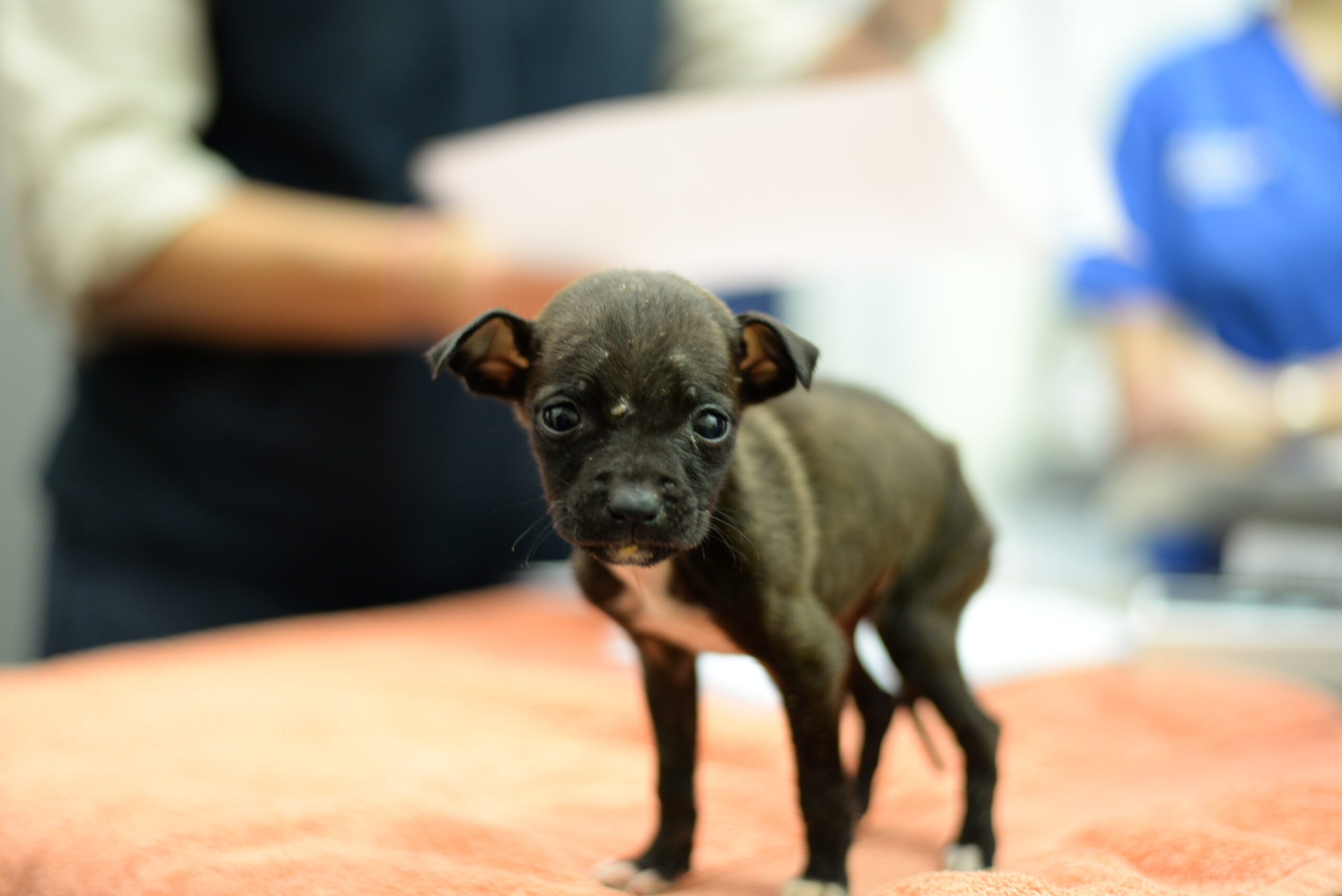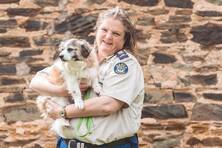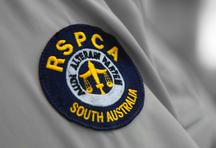Word changes will change animals’ worlds
March 21, 2023
The first major review of South Australia’s Animal Welfare Act since its creation nearly 40 years ago is underway, and the RSPCA wants all animal lovers to have a say.
The consultation period began on Friday 27 January and anyone wishing to make a submission must do so by this Sunday 26 March. RSPCA South Australia CEO Marcus Gehrig has urged people to use this rare opportunity to improve the legal protection of animals in SA.
“Our state’s animal welfare laws are failing far too many animals…we urgently need the legal safety net tightened so that they don’t continue to fall through,” Mr Gehrig said.
“Many in our community would be shocked to learn about some ways people treat animals that are not illegal under our current Animal Welfare Act, even though animals suffer as a result of that treatment.
“The only way to ensure all animals are treated humanely is to have watertight animal protection laws combined with an adequately funded inspectorate to enforce them.”
Changes RSPCA SA is seeking in its submission to the review include:
- Making an act or omission that is likely to cause an animal harm, an offence – as is the case in Victoria and WA. (Currently, RSPCA SA inspectors must wait for an animal to suffer harm before they can prosecute.)
- Mandatory reporting of number/species/purposes/outcomes of animals used in research in SA, and prohibit the use of both the Forced Swim Test (FST) and the Forced Inhalation Test (FIT). SA is one of the few Australian states with no mandatory reporting of animals used in research.
- Set temperatures above which animals cannot be used in entertainment (eg: rodeos), raced or transported – Every year RSPCA receives complaints from the community about animals being raced, transported or featured in entertainment on days of extreme heat.
- Addition of fish, crustaceans (eg: crabs) and cephalopods (eg: octopuses) to the Act’s definition of ‘animal’. These animals have legal protection in most other Australian states. Research shows fish and many crustaceans and cephalopods have capacity to feel pain and experience positive and negative states. More information on this topic can be found on the RSPCA Knowledgebase here.
- Addition of whistleblower protection – Whistleblowers play an important role in identifying and reporting ill treatment and harm to animals, and need legal protection to ensure that disclosure of conduct relating to an offence can be ‘protected disclosure’ in certain circumstances.
- Prohibit the use of bows and arrows for killing animals. More information on this topic can be found on the RSPCA Knowledge base here.
- Prohibit the use of wide-net (fruit tree) mesh netting – Every year, South Australian bats, birds, lizards and other animals are found caught in wide mesh tree netting. Many sustain horrific injuries and have to be euthanased. More information on this topic can be found on the RSPCA Knowledge base here.
- Prohibit recreational duck shooting. More information can be found here.
Last year, a national assessment by RSPCA of animal welfare legislation in each state found that South Australia now has the weakest legal protection for animals in the country.
To find out more about RSPCA South Australia’s submission – and how to have your say – go to:
rspcasa.org.au/the-issues/animal-welfare-act-review





